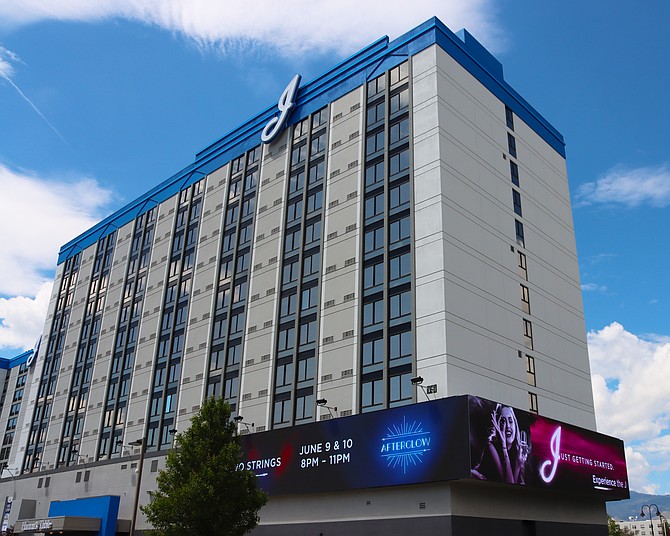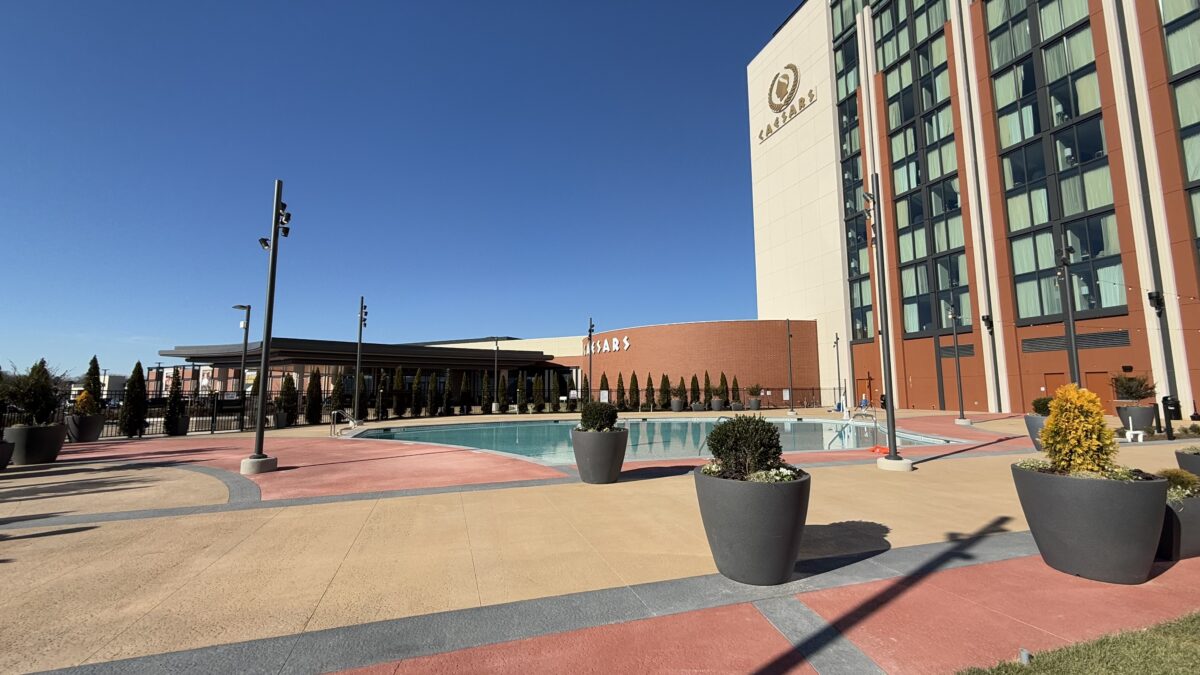New Jersey released gaming revenue data for the month of March on April 16. The Division of Gaming Enforcement reported gross gaming revenue (GGR) from casinos, online gambling, and sports betting at $526.1 million for the month; it was up 3.7 percent over March 2024. The nine casino-hotels in Atlantic City generated $230.9 million in GGR, 3.7 percent less than in 2024. Online gambling generated $243.9 million, 23.7 percent more than in 2024, and sports betting produced $71.3 million in revenue. People in New Jersey wagered $1.1 billion on sports. In March 2024, bettors placed $1.3 billion on sporting events, resulting in $89.6 million in GGR.
On the surface, that is good news. The casino industry in New Jersey has been challenged since the advent of slot machines in Pennsylvania. Until 2007, gaming revenue in New Jersey had been growing steadily year over year since the first casino opened in 1978. Of course, in the early days, Atlantic City had absolutely no legal competition within 2,500 miles. The city had over 10 years before Indian casinos began to pop up in its market. Foxwoods opened in 1992 in Connecticut and was an instant success, but it was barely a blip to Atlantic City.
The legalization in Pennsylvania was a horse of a different color. As far back as 1978, over 50 percent of Atlantic City’s customers came from Pennsylvania. Losing those customers to local casinos was painful and unexpected. Before casinos began opening in Pennsylvania, Atlantic City operators were cavalier on the issue of competition. They said New Jersey had nothing to fear from Pennsylvania. Those simple slot-parlor casinos would only create customers for the more exotic casino-resorts in the Boardwalk City. It may have, but the casinos in Pennsylvania proved to be serious and damaging competition.
The impact of Pennsylvania was made worse by the Great Recession. By 2014, the casino industry in Atlantic City was in serious trouble after a biblical seven years of decline. From its peak of $5.2 billion in 2006, revenue dropped to $2.6 billion in 2016. Between 2014 and 2016, five casinos closed in the city; two have since reopened and the city is slowly getting its mojo back. And operators have learned their lesson. Today, they are watching with trepidation the move to authorize three casinos in New York City. At this year’s East Coat Gaming Congress, Hard Rock CEO Jim Allen said, “We can’t let that happen again. They’re issuing those licenses this year. It’s now no longer five years; it’s three to four years away.”
It is not clear what the casinos in Atlantic City can do. The casinos in New York City will not be slot parlors, they will be multi-billion-dollar pleasure palaces surpassing anything Atlantic City has to offer. Once, Atlantic City was considered to be a serious rival to Las Vegas, but no longer. The resorts in Las Vegas have never stopped reinvesting and reinventing themselves. Whereas the casinos in Atlantic City have struggled to compete with the region’s Indian casinos and commercial casinos in other jurisdictions. For the casino companies operating in Atlantic City, further investment in the city does not have a high rate of expected return. It will be necessary, but risky at best.
But wait. Gaming revenue is on track to surpass 2006 in 2025. The explanation is relatively simple: igaming. In March, for example, casinos generated $230 million compared to $433 million in March 2006. The difference between those two years is igaming. In March, igaming revenue exceeded casino revenue; it was $244 million. Jane Bokunewicz, a professor at Stockton University (housed in a former casino), said, “March 2025 may mark a watershed moment for the Atlantic City gaming industry. For the second consecutive month, revenue from the internet gaming sector has surpassed revenue from brick-and-mortar operations.”
The Atlantic City casinos are partners in the igaming, but after the taxes and revenue sharing with the igaming platforms, there is not much left over for keeping up with the Joneses, or in this case, the resorts in New York City. The casino industry in New Jersey is not doomed, but it is limited. When the dust settles from the construction in the Big Apple, Atlantic City will begin to pay the price as it did in 2007. The full extent of that price is yet to be seen. That shoe will not fall for several years.





